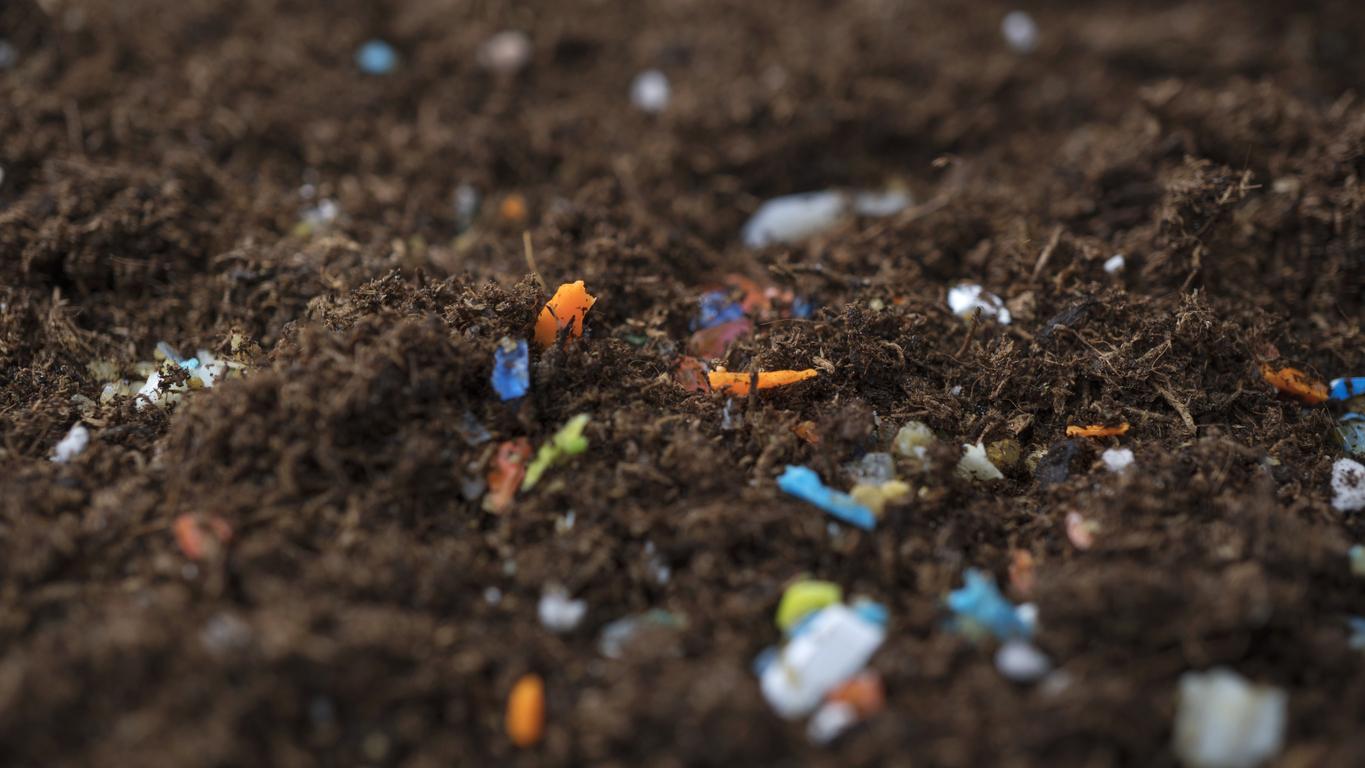In a study, Inserm shows that SDHI fungicides, widely used in agricultural crops, are toxic to humans and the environment. In 2018, researchers had already alerted to the dangerousness of one of the molecules present in these products.

Fungicides are a type of pesticide used in agriculture to control fungi, molds. In a study published by theNational Institute of Health and Medical Research (Inserm), the researchers demonstrated that a molecule present in fungicides of the SDHI type (for Succinate dehydrogenase inhibitors) is toxic to humans and the environment.
SDHI fungicides “are spread over 70% of soft wheat and barley surfaces. They are also used for growing grapes, strawberries and potatoes. In other words, SDHIs are ubiquitous. Not to mention the use on sports grounds, to fight against the small worms that attack the lawn”, explains Pierre Rustin, research director at the CNRS. The study is published in the journal Plos One.
Human cells die faster
SDHI is authorized in France and in Europe. According to the results of the study, 8 of the 11 fungicides used in France not only block the respiration of fungi, but also that of human cells. To reach this conclusion, the scientists studied cultured skin cells from forearms.
“We were able to show that SDHI fungicides poison normal cells. But we also looked at cells that came from patients whose cell respiration was already malfunctioning. For example, in patients suffering from Alzheimer’s or a neurological disease, called ‘Friedreich’s ataxia’. It shows that these cells will die even faster”, continues Pierre Rustin.
Scientists have already discussed the risks
The people most at risk are obviously the farmers, but also the people around the crops. In addition, Inserm warns about the conditions of current regulatory toxicity tests, which do not really allow us to know the dangers. Last year, researchers had already warned about the dangerousness of this molecule. But in January 2019, the Food, Environmental and Occupational Health Agency (Anses) concluded that there were no elements to justify the establishment of a health alert. Inserm calls for a ban on these fungicides.
.















